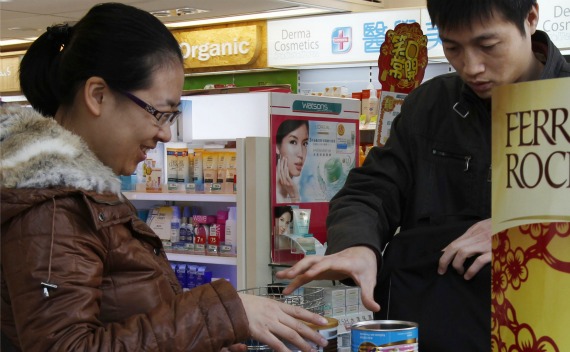Tackling Globalized Food Unsafety
More on:

Food safety is transforming from a backburner issue to Topic A in China. While travelling in China recently, I had the opportunity to speak to taxi drivers, government officials, business entrepreneurs and farmers. They all agreed something had to be done to make Chinese food safe (I have to confess that when I was having Peking duck during my trip to China, the issue of food safety, now at the tip of so many tongues, did not come to my mind).
Amid the growing public outcry, the government, led by Vice Premier Li Keqiang, has launched a new campaign to crack down on food safety problems. Since the dust of power jockeying for the new generation leadership has not settled, Li, who is to succeed Wen Jiabao as China’s next premier, has to work extra diligently in order to claim at least partial success in the areas he has been asked to be in charge of. Alas, none of the assignments - healthcare reform, food safety, and price control – seem to be easy tasks. Interestingly, different segments of Chinese society have already devised their own approaches to grapple with the food safety crisis. The government’s Special Food Supply Center has been set up to make sure the elite eat organic while farmers are so conscious of the problem that they only trust their own produce. When I asked a taxi driver in Beijing about his approach, he confided that he avoided small grocery stores and shopped only in shopping malls instead.
To be fair, the food safety crisis is not unique to China. The globalized food supply chain has also globalized the risk of food borne illness. Noting recent outbreaks and scandals in Japan, Taiwan, and Germany, I published a piece in the Beijing Review originally titled, “Globalized Food Safety Conundrum”. For reasons I don’t understand, “safety” was dropped from the title by the editors. The message though is pretty clear: countries need to work together to deal with food safety challenges in the era of globalization.
More on:
 Online Store
Online Store